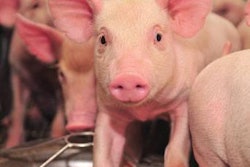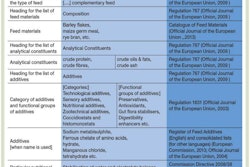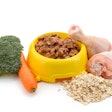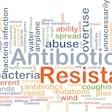The Feed the Future Innovation Lab for the Reduction of Post-Harvest Loss (PHL) at Kansas State University recently received a two-year, $39,050 award from the U.S. Department of Agriculture’s Scientific Cooperation Research Program (USDA-SCRP) titled “From the ‘Milpas‘ to the market: a feasibility study on the use of metal silos for safer and better storage of Guatemalan native corn.”
“This project fits with the PHL IL overall objectives because its main goal is to improve storage conditions of corn harvested in the highlands of Guatemala by introducing improved post-harvest technologies, i.e. metal silos. It is also complimentary to the overall objectives of the PHL IL because it evaluates the economic feasibility of such technologies,” says Andreia Bianchini, University of Nebraska-Lincoln research assistant professor, co-country coordinator for Guatemala.
Bianchini adds, “Guatemala not only has one of the lowest food security indicators in the world, but also has the fourth highest prevalence of chronic malnutrition among all countries. Corn is the dietary staple and its availability, quality and safety is directly related to food security and public health.”
“Much of the corn that is produced in the Guatemalan Highlands is cultivated, harvested and handled via subsistence-oriented agricultural practices connected to Mayan heritage. These traditional practices may lead to improper post-harvest management and storage conditions which can cause losses up to 30% primarily due to stored grain pests. Insects in stored grain can also create entry points for mold establishment as well as transfer mold spores from infected kernels to healthy kernels,” says Bianchini.
Constraints addressed
The Food and Agriculture Organization of the United Nations identifies limited use of improved technologies, such as drying and storage facilities, as the main constraint to improved productivity. In turn, the inability of many smallholders to acquire credit (i.e. micro-financing) is the primary barrier to obtaining these improved technologies. To address these constraints, this project will evaluate the feasibility of dryers and metal silos as a way to achieve rural food security and improve public health. The goal is to evaluate whether reduction in post-harvest losses and mycotoxin levels in Guatemalan native corn would lead not only to better quality and safe grain for household consumption, but also to surplus that could be sold by farmers, generating income to repay any loans for implementing such technologies.
The interventions provided by this project are expected to positively impact the health of the people living in the Huehuetenango region in Guatemala by reducing their exposure to mycotoxins, providing education regarding the benefits of good post-harvest practices, and providing additional income. Additionally, in the long term, it is expected that, if implemented practices are maintained, the levels of stunting among children under five years old, as well as the child mortality rate related to malnutrition, would be reduced.















